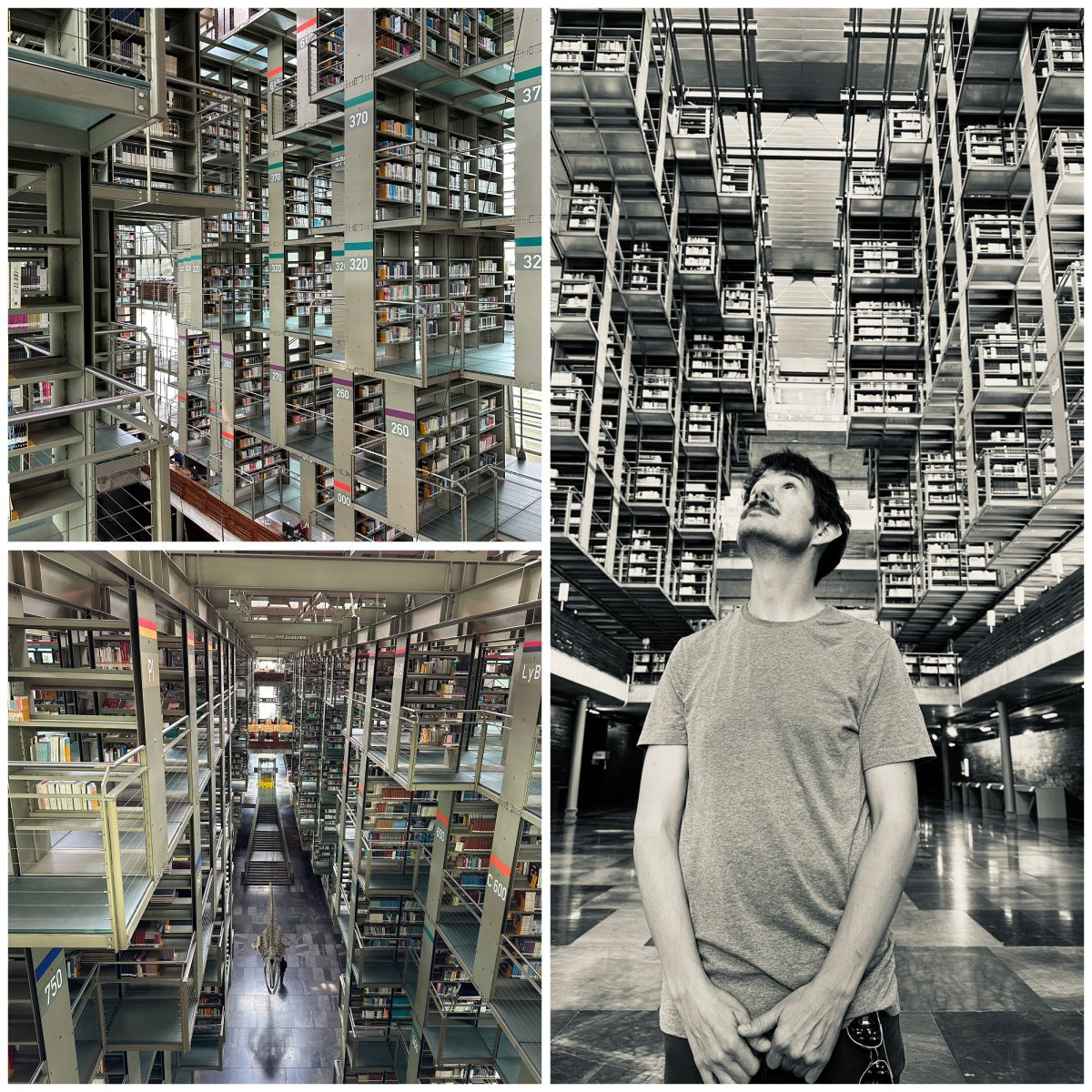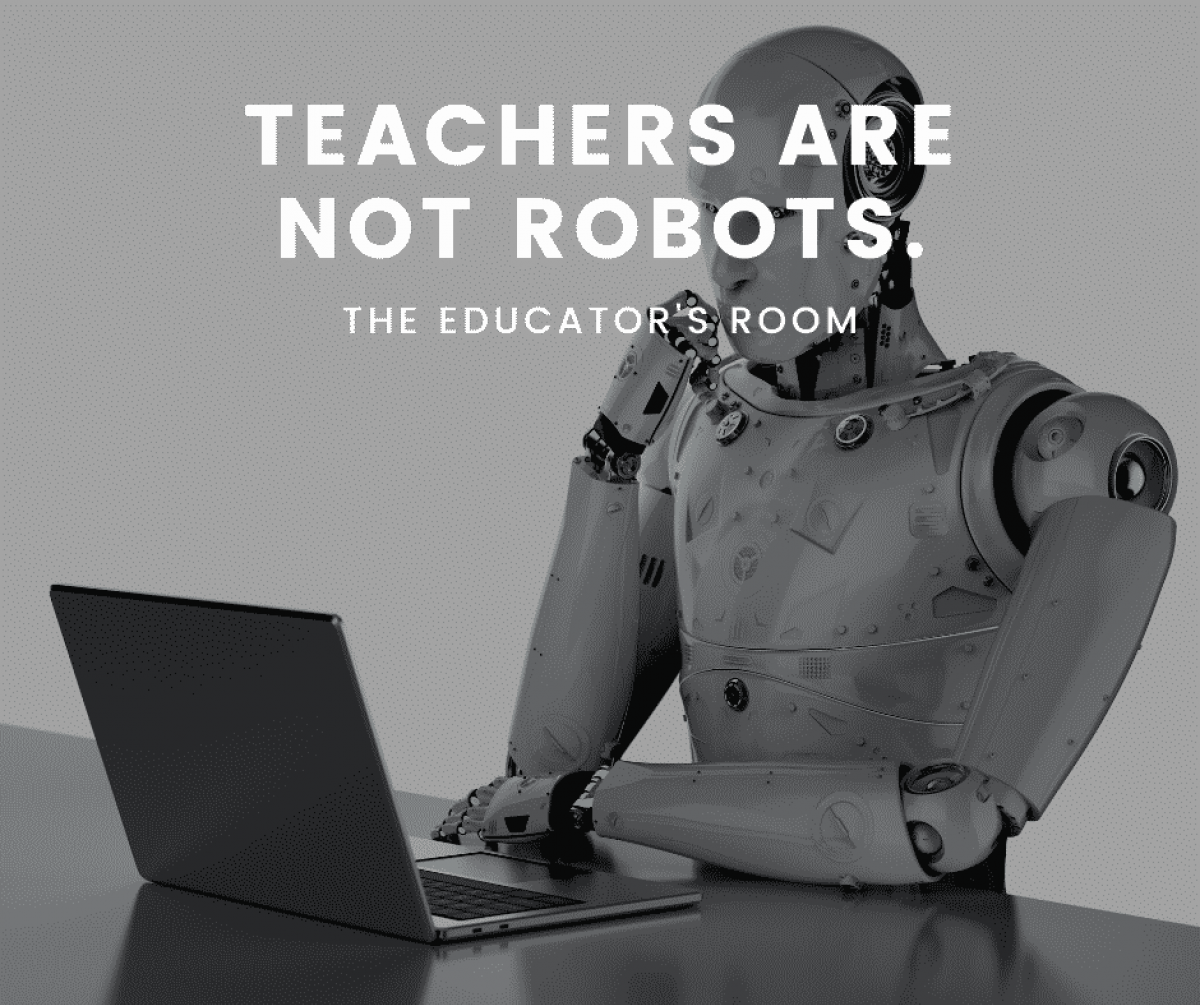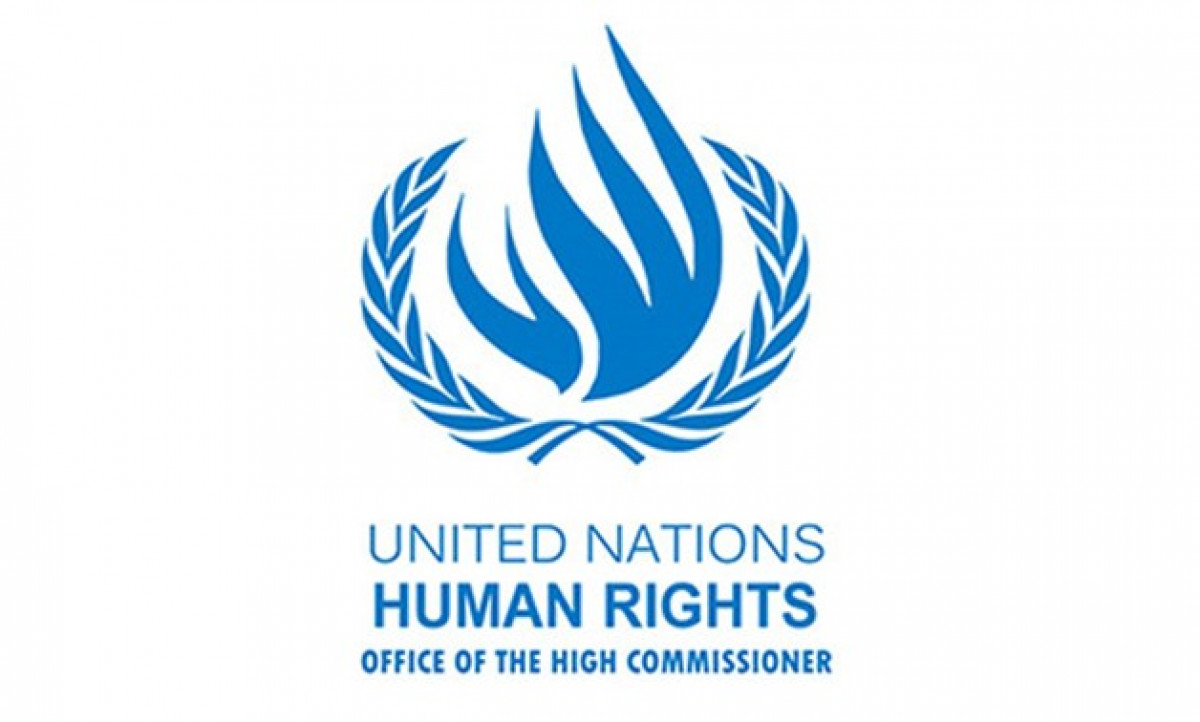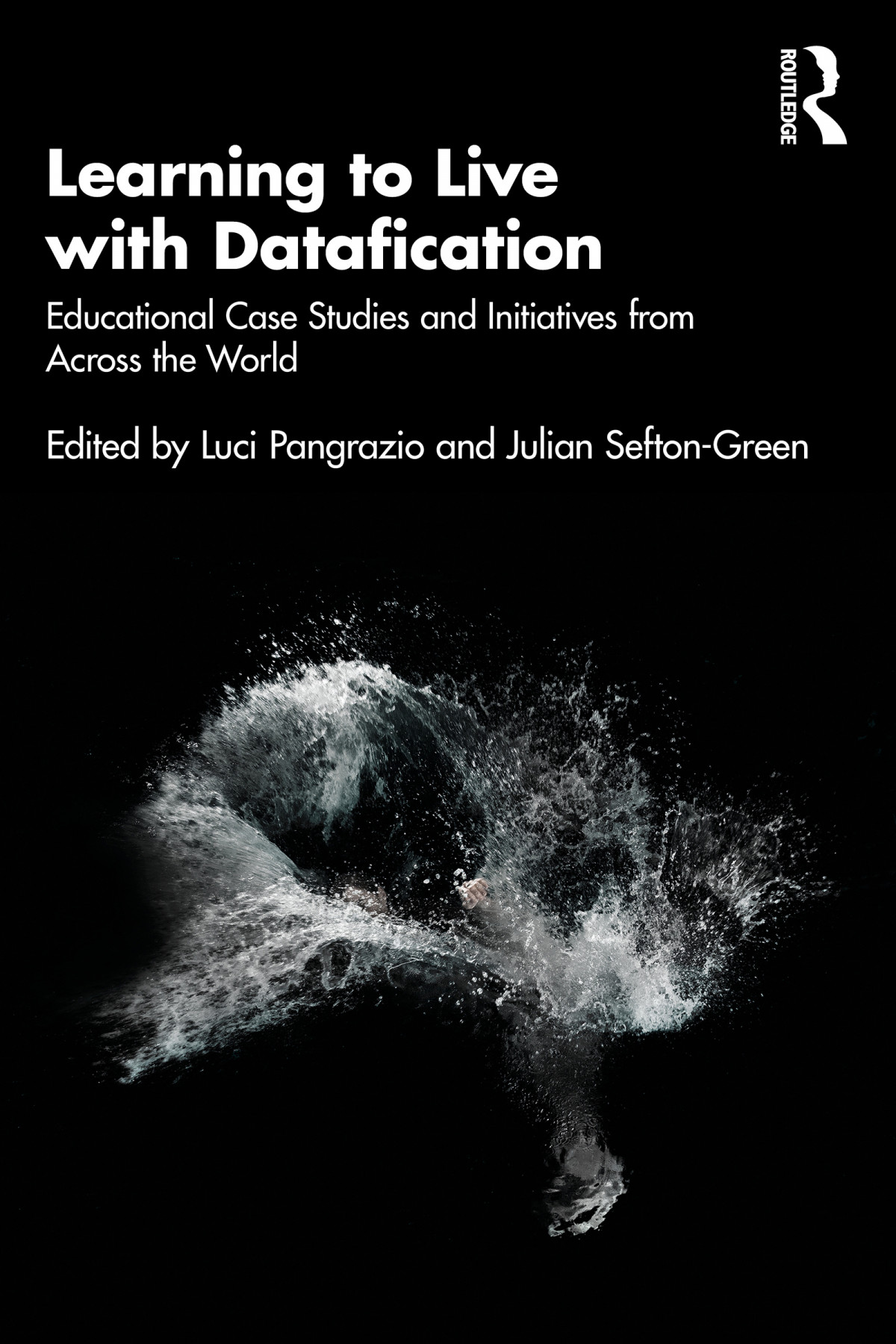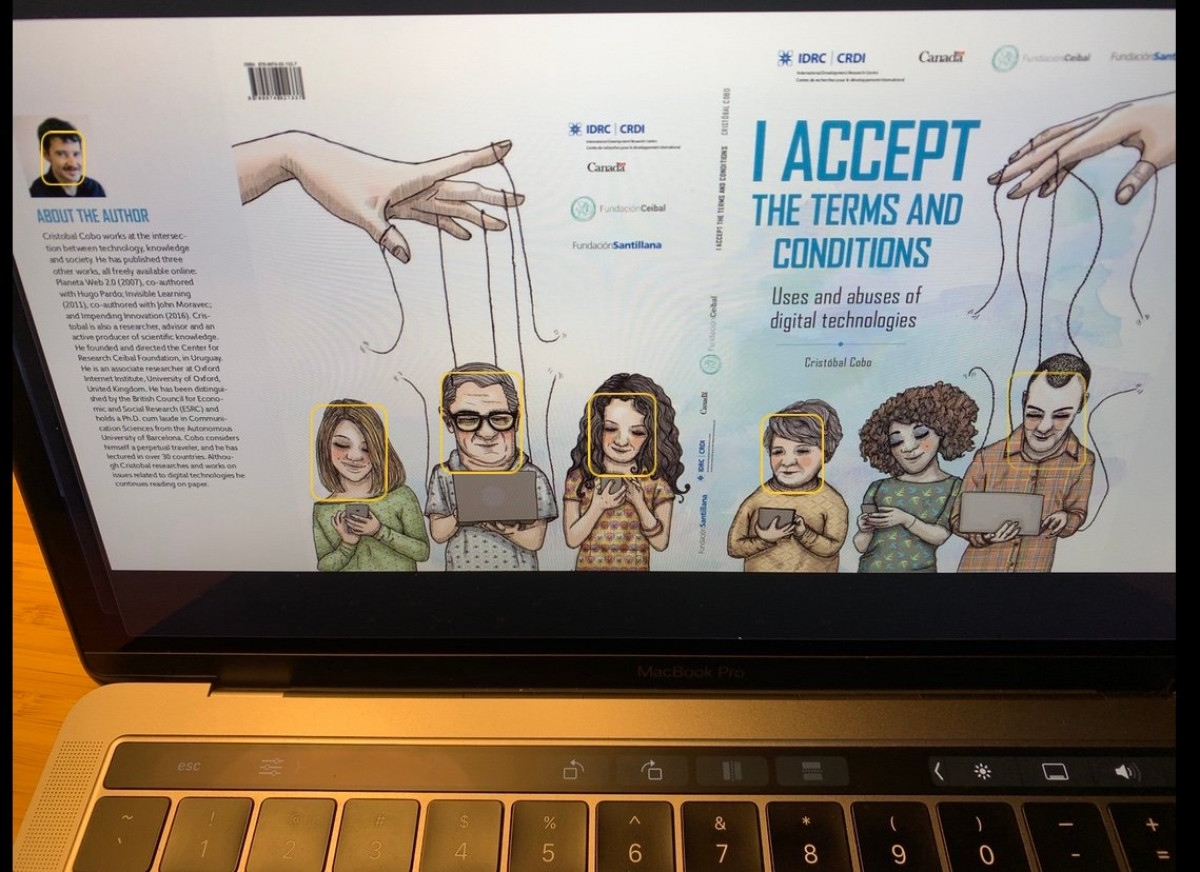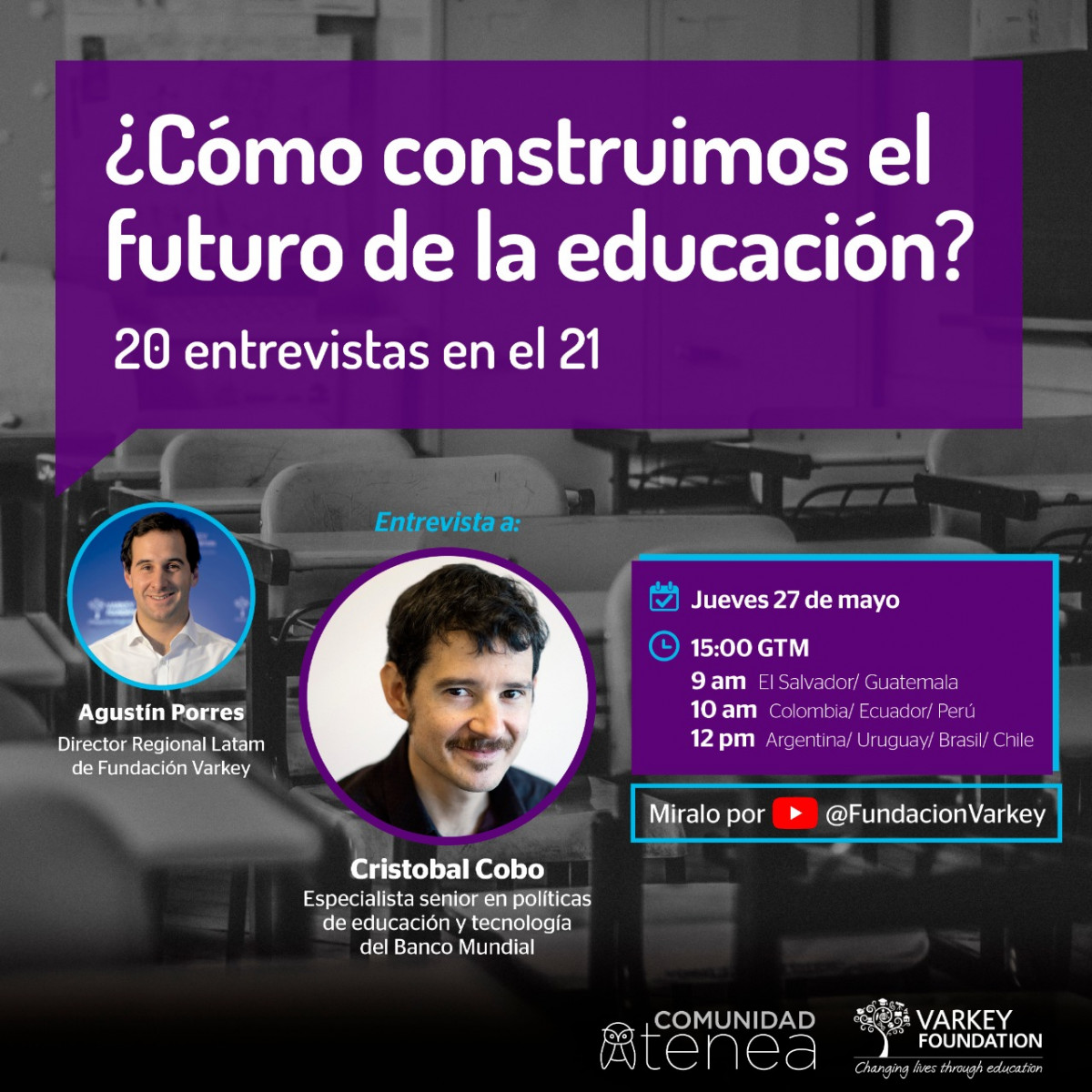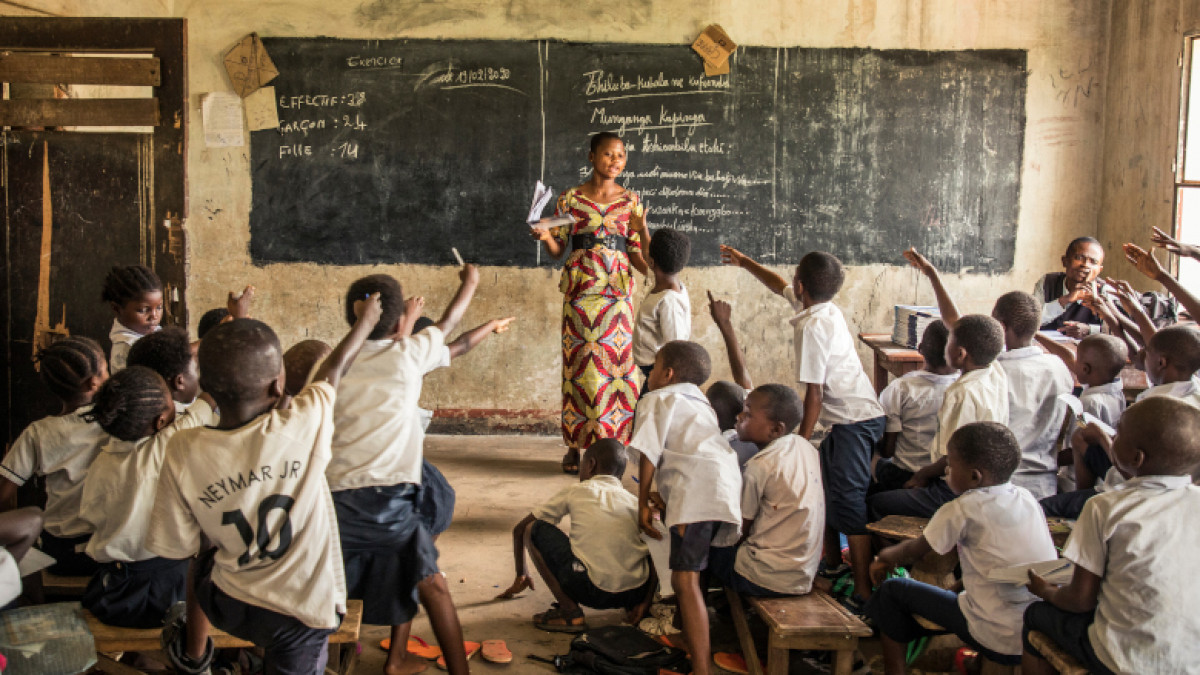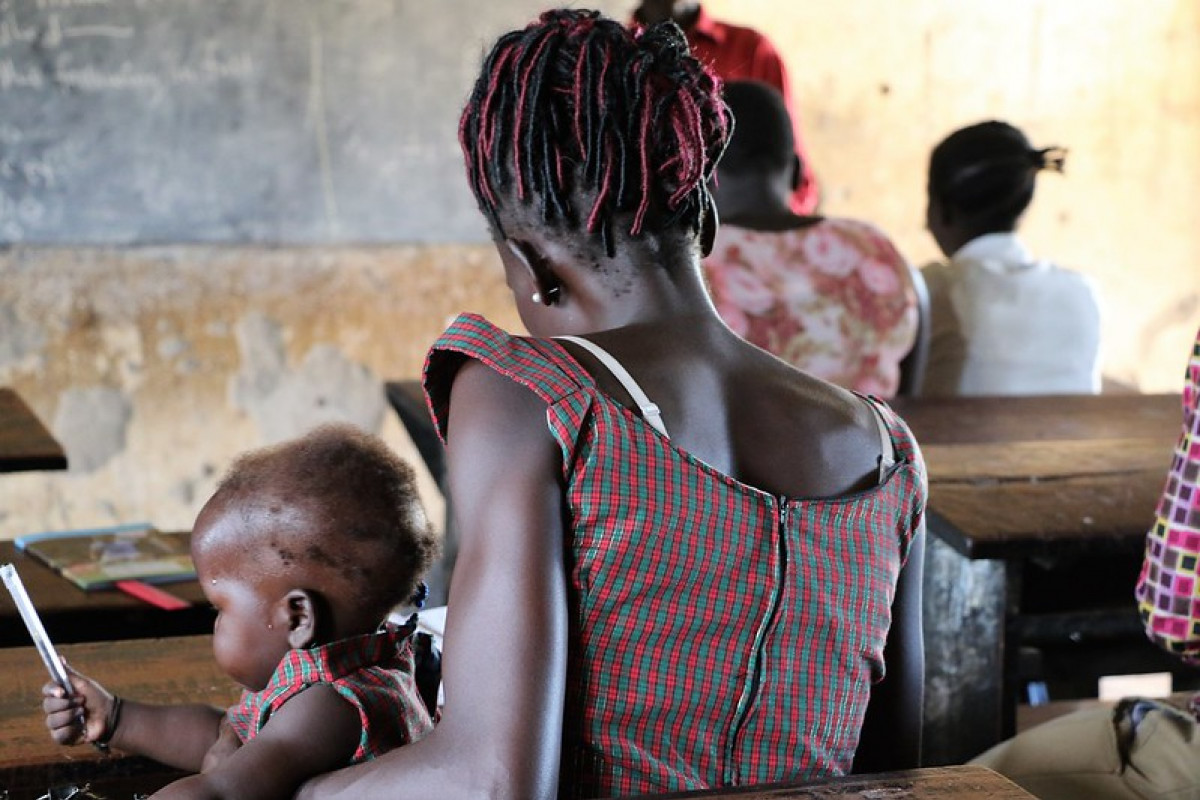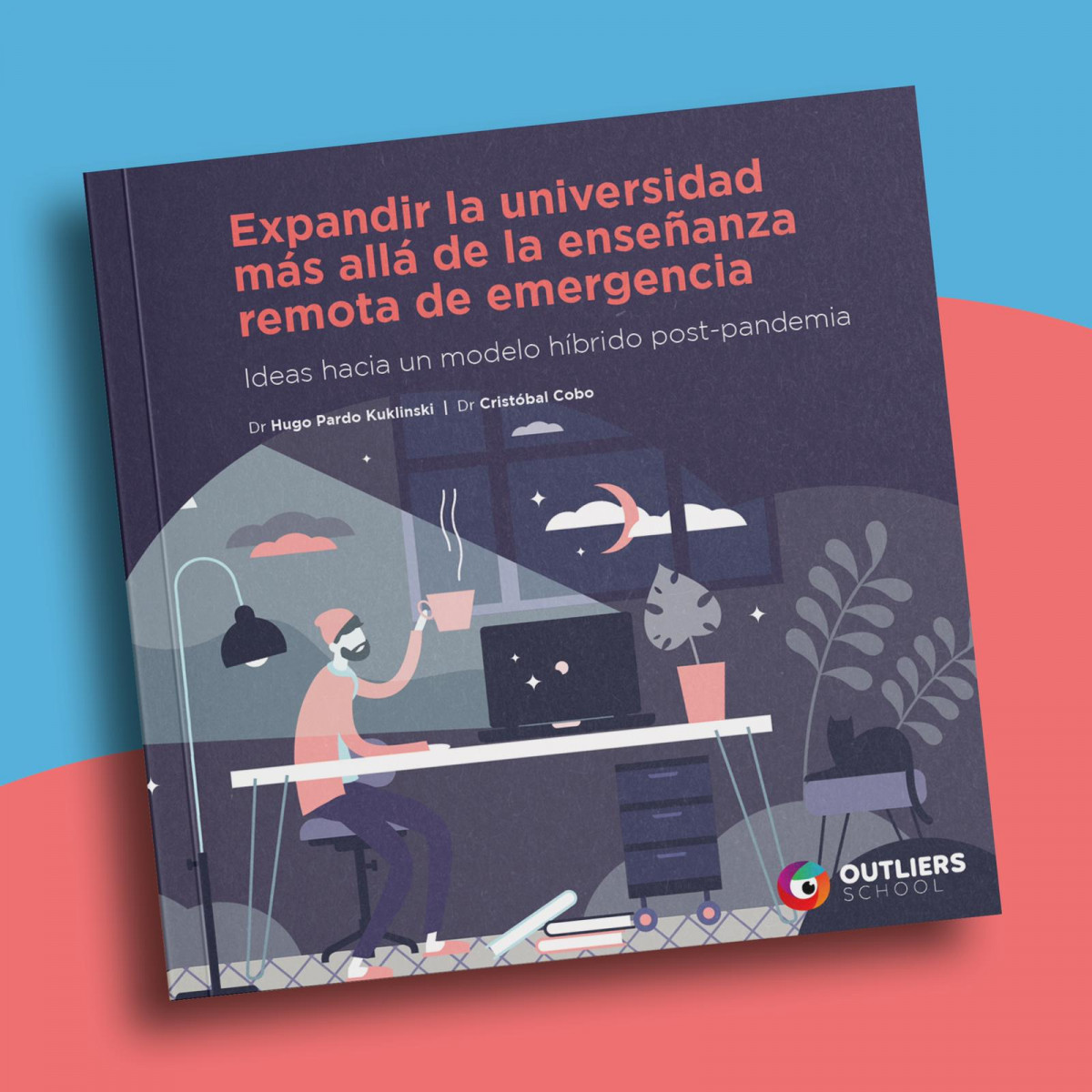A veces las invitaciones a una entrevista tienen destinos inesperados, esta es una de esas. La comparto aquí en caso que pueda ser de interés… "En términos concretos, en la educación quizá habríamos de pensar en planes curriculares que pongan no tanto énfasis en enfoques enciclopédicos centrados a “conocer” muchos temas, y más en “comprender” por qué ocurren las cosas y cuáles son sus implicancias a corto y largo plazo."
Education and ICT
Perhaps 2023 will be remembered as the year when there was global interest in artificial intelligence in education (AiEd). Though still in its early stages, many expect AI could lead to significant changes in education. It’s often said that teachers need to be ready to embrace the future. However, it’s not always clear what guidance and support teachers receive to prepare themselves for this future. In this newsletter, we identify relevant international experiences on how to train, upskill, and guide educators through the changing but also fascinating landscape of AiEd.
"...The digitalization of education should be geared towards a better implementation of the right to education for all, where it is demonstrated that it brings a significant added value. In this regard, it is important to understand the profit-driven agenda of digital technology lobbyists and companies. In addition, the digitalization of education should not increase inequalities and benefit already privileged segments of societies only or lead to violations of other human rights within education, in particular the right to privacy...."
[EN] Here is a compilation of the joint publications (chapters, global reports, studies) elaborated or published during the last year or so. Most of them discuss the role of digital technologies, education policies, the impact of COVID in education, remote learning, privacy, among others. [SP] Aquí una compilación de las publicaciones conjuntas (capítulos, informes globales, estudios) elaboradas y publicadas durante el último año. En la mayoría exploramos el papel de las tecnologías digitales, las políticas educativas, el impacto del COVID en la educación, el aprendizaje remoto, la privacidad, entre otros.
The open-access eBook: I accept the terms and conditions: Uses and abuses of digital technologies, published by IDRC and Ceibal Foundation. Available in English and Spanish (Spanish version published by Santiallana Foundation). This book questions the purported neutrality of technology. They explore the extent to which the algorithms that give life to digital tools become the new oracle, the interface of connection with reality—a reality modified to satisfy the interests of a few. In this scenario, states are late to the discussion and the population at the individual level lacks the tools to regulate and manage their digital lives. It is crucial to understand the limitations of the current era and to take account of the fact that artificial stupidity (resulting from systems offering poor or bad information in an automated fashion) can be more dangerous than the lack of timely information. Today, it is necessary to develop an improved understanding of the meaning of critical digital literacy so that digital citizens can help make sense of, and act on, the new rules of the game.
Comparto una conversación sobre educación sobre educación y futuro que tuve con el Director Regional de la Fundación Varkey, Agustín Porres @agustinporres. En estos intercambios, recogeremos miradas disruptivas y originales sobre la educación que se viene y los diferentes caminos para acercarnos a ella. Agustín plantea una avalancha de preguntas y juntos exploramos futuros posibles caminos con una vista en lo que viene sin olvidarnos de los retos pendientes.
The COVID-19 health crisis created a unique difficult situation for teachers. With little warning and preparation they were required to conduct distance teaching and support remote learning, yet many were unable given the number of households that lack the relevant technology, tools and connectivity to allow pupils/students participate in the distant learning activities. Moreover, many teachers do not have ICT tools at home, even those with access to the internet often lacked the ICT skills and confidence to effectively conduct teaching online. In this workshop organized by my colleagues at UNESCO, we explored how to better support teachers in these challenging times...
(Blog disponible en castellano) As education systems emerge from this COVID crisis, it is clear that a new chapter is waiting to be written on teacher training (e.g., increasing investments in remote learning, adopting blended models when schools partially reopen, or creating remedial e-courses), which can help educational systems build back stronger and become more equitable. It is critical to develop teachers’ digital pedagogical skills. These are the skills needed to critically assess and decide when and how to incorporate digital tools, and realistically define their impact to support or enhance learning. This is now more crucial than ever, as teachers who cannot effectively use technology may in the future be replaced (or displaced) by those who can. This post includes +15 country experiences. Better strategies are needed for teacher capacity-building, innovating teacher training methods (virtual coaching) and regular follow-up plans to support the skills developed, using remote tutors & peers.
En el trayecto de salida de la pandemia actual, la universidad no puede estar en el asiento del pasajero sino del conductor. El conocimiento científico de excelencia, vanguardista y en conexión con el saber producido en diferentes centros de investigación del mundo, serán la mejor forma de alcanzar soluciones a los retos actuales. Desafíos no solo vinculados con las problemáticas sanitarias sino que atendiendo también a todos los retos que traerán la (larga) etapa de recuperación posterior: reducción de inequidades, apoyo a los más rezagados, formas más inclusivas de enseñanza, nuevos mecanismos de subvención y reactivación, socialización del conocimiento, innovaciones medioambientalmente sostenibles, automatización de procesos, recalificación de la fuerza laboral, entre muchos otros. La universidad tiene una oportunidad irrepetible de responder con protagonismo y relevancia a estos retos que apenas empezamos a comprender.
🎙Join globally renowned education technology experts Dr. Cristobal Cobo and Professor Neil Selwyn in a discussion with Dr. Monica Bulger about the abrupt shift to online learning as schools close globally in response to the coronavirus. Neil Selwyn advises edtech companies to not see this moment as a triumph, “it is an emergency, not an experiment.” Cristobal Cobo discusses the tools we bring to this crisis and recommends considering short-term and long-term approaches.
- 1
- 2
- 3
- 4
- Siguiente →
